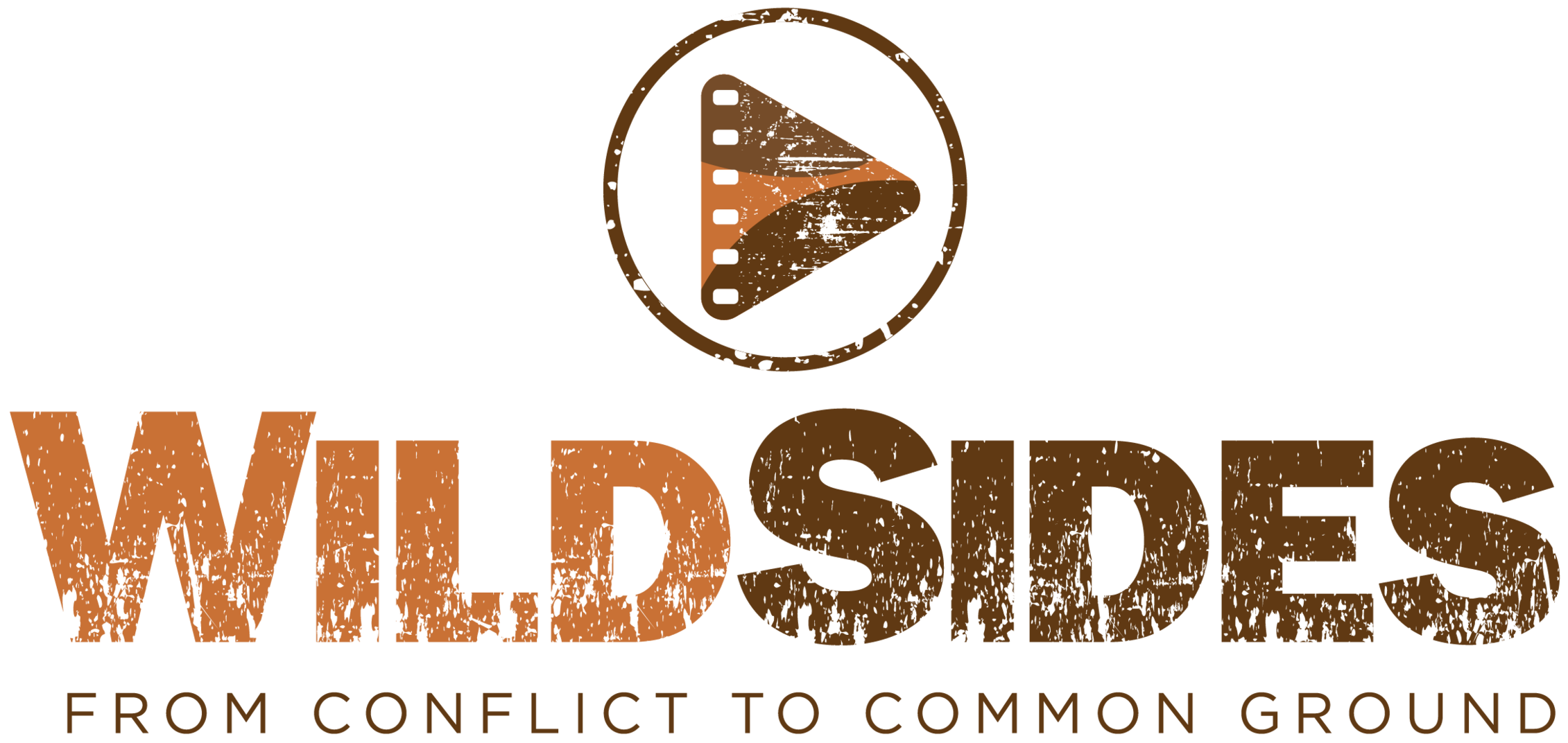Why does WildSides work on ALS? In one phrase: common ground.
We follow the human stories on all sides of wildlife issues, no matter where they take us. This leads to stories everyone can connect with personally, regardless of their stance on a conflict issue. Sometimes these stories result in our next big initiative.It turns out the environmental issues correlated with ALS in humans also impact our wildlife and endangered species!
WildSides will develop educational multimedia delving into a new "Human-Wildlife Common Ground" project: environmental issues connected with both human neurodegenerative disease (like ALS, Alzheimer's and Parkinson's) and wildlife health.
The Film: Staring Down Fate
This work evolved from our award-winning documentary film about a red wolf biologist, Chris Lucash, who was diagnosed with ALS. Staring Down Fate follows Chris from working with the only wild red wolf population in the world, through his diagnosis with ALS. The film is a story about searching for purpose in life and in mortality; about finding inspiration in the face of uncertainty. It is a story about 7.4 billion people and our relationship with nature, told through one person's life. With Chris’ diagnosis it becomes a deeply emotional journey to answer the question “Why me?”, since experts say only 10 to 15% of all ALS cases are purely genetic. Staring Down Fate highlights groundbreaking research finding correlations between environmental issues and ALS, as well as other neurodegenerative diseases like Parkinson’s and Alzheimer’s. Visit the film page to learn more.
Prevent ALS: Our Project
Our goal is to create interactive multimedia for the general public and classrooms everywhere that will explain what we know, what we do not know and what we need to find out in order to help prevent ALS.
This project will include documentary-style stories, interviews, short films with researchers in the field and interactive graphics to explore connections between environmental issues and ALS. We will NOT recreate what has already been done by others. We will supplement and connect existing resources and work. Then, we will tie the issues together to raise awareness, garner support for on-going research and discuss potential solutions.
We know that research is finding correlations between ALS and direct exposure to pesticides, as well as exposure to a neurotoxin in cyanobacteria (often referred to as "blue-green algae"). We do not know whether these actually cause ALS. However, medical doctors believe a combination of factors need to happen in order for someone to develop ALS. Can these environmental issues contribute to the development of ALS? Will they help us find contributing factors? We need to know more and understand what we can do in the meantime to minimize exposures that might contribute to the development of ALS (and other neurodegenerative diseases).
Common Ground: The connection between ALS and Wildlife?
The environmental issues correlated with ALS also effect wildlife. In a separate parallel project, we will explore issues like:
A study finding that three widely used pesticides adversely affect 97% of endangered species in the U.S. (source)
The neurotoxin correlated with ALS, BMAA, also may harm neurological health of dolphins, manatee and other wildlife. Researchers have found large amounts of BMAA in brains of animals exhibiting Alzheimer's-like behavior, wandering away from their normal routes and other different behavior. (source)
Research in New England finds that BMAA may contribute to the decline in Loon populations. (source)
And more...
Why WildSides?
We let experts be the experts. We just want to use our skills to facilitate the important work these experts are doing. We will apply our expertise in understanding, communicating and analyzing the connections among social, economic and environmental issues to identify problems and search for potential solutions. This is an enormous undertaking! But we know that through partnership and understanding we can create multimedia that people with varying perspectives can relate to easily. This will help develop support for research and, eventually, help us create environmentally, socially and economically beneficial solutions (the sustainability "triple bottom line").
We know this work will help prevent ALS and other adverse impacts on both human health AND wildlife!






